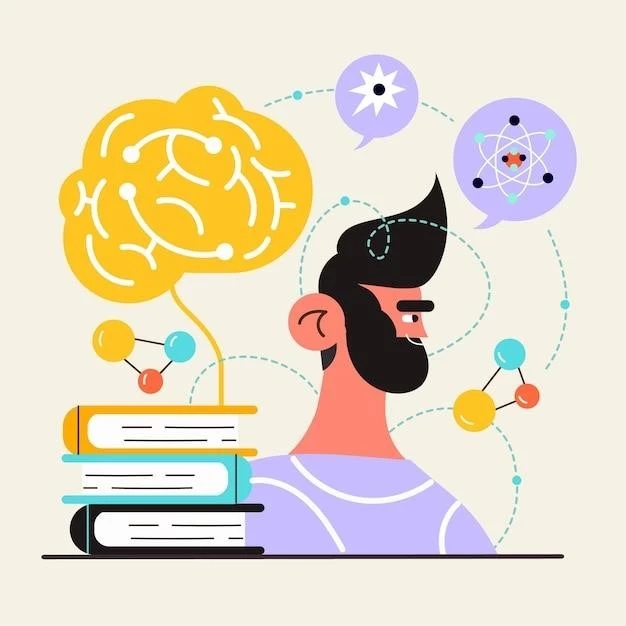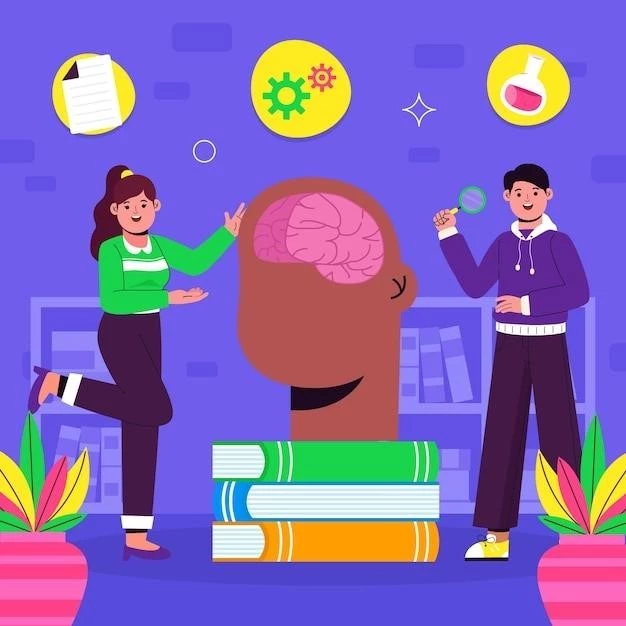The Psychology of Storytelling and Persuasion: A Personal Journey
As a copywriter, I’ve always been fascinated by the power of words to influence thoughts and actions. But it wasn’t until recently that I delved deeper into the psychology behind it all, particularly the compelling interplay between storytelling and persuasion. This exploration wasn’t just theoretical; I experimented with these techniques in my own writing and interactions, leading to some eye-opening realizations.

The Power of Personal Narrative
I used to believe that logic and hard facts were the most persuasive tools. However, I discovered that weaving personal anecdotes into my writing made a world of difference. For example, while writing a landing page for a time management app, I initially focused on the app’s features and benefits. It was straightforward and informative, but it lacked a certain punch.
Then I decided to incorporate my own struggles with procrastination and how this app had helped me regain control of my schedule. The result was astonishing. The engagement rate skyrocketed. People were connecting with the narrative, seeing their own struggles reflected in my story. It brought a human touch to the technology, making it relatable and, ultimately, more desirable.

The Art of Evoking Emotion
I learned that facts tell, but stories sell because they tap into our emotions. During a presentation for a new product launch, I decided to experiment with this concept. Instead of merely listing the product’s features, I crafted a story around a fictional customer whose life was significantly improved by it.
I focused on painting a vivid picture of their challenges and how the product provided a much-needed solution. The audience was captivated. The Q&A session was buzzing with enthusiasm, and the post-presentation feedback was overwhelmingly positive. By appealing to their emotions, I had bypassed any potential skepticism and created a genuine connection with the product.
Building Trust and Credibility
I noticed that incorporating personal stories in my professional interactions had an interesting effect – it built trust. People were more receptive to my ideas when they felt they knew me better. I remember pitching a marketing campaign to a new client. Instead of diving straight into the strategy, I shared a brief story of a past campaign and the lessons I learned from it.
This vulnerability resonated with the client. They appreciated the honesty and saw me as someone who learns from experience. By opening up, I had inadvertently built a foundation of trust, which made them more receptive to my proposal.
The Importance of Authenticity
However, this journey wasn’t without its pitfalls. I realized that authenticity is key when using personal stories. A contrived or exaggerated story can quickly backfire, damaging your credibility. I learned this the hard way when I tried to embellish a story to make a point; The audience saw through it, and it undermined my entire message.
That experience taught me a valuable lesson: honesty is always the best policy. People are drawn to genuineness, and trying to fabricate a persona will only hinder your ability to connect and persuade.
Understanding the Ethical Implications
This exploration also opened my eyes to the ethical considerations of storytelling in persuasion. While it’s a powerful tool, it’s crucial to use it responsibly. Manipulating emotions or exploiting personal experiences for personal gain is not only unethical but can also have detrimental consequences.
I’ve become mindful of the fine line between persuasion and manipulation. My goal is to use storytelling to inform and inspire, not to deceive or coerce. Transparency is paramount. I make sure that my audience understands my perspective and the purpose behind my stories.
Conclusion: A Continual Learning Process
My journey into the psychology of storytelling and persuasion is ongoing. Every interaction, every piece of content I create, is an opportunity to refine my approach and learn something new.
It’s a fascinating field, and I’m excited to see where this path leads me. One thing is certain: stories have the power to connect us, move us, and ultimately, persuade us in ways that logic alone never could.










